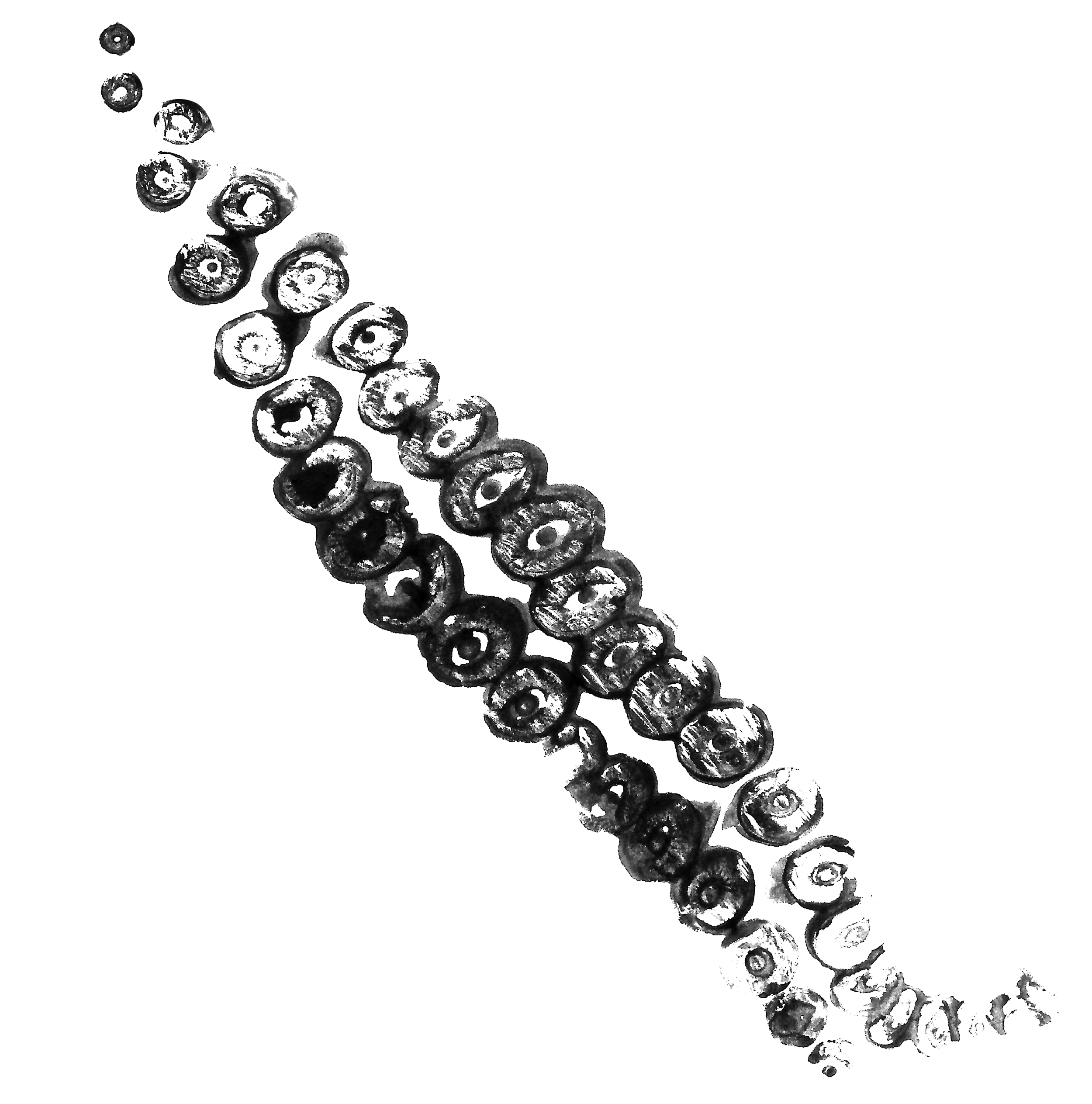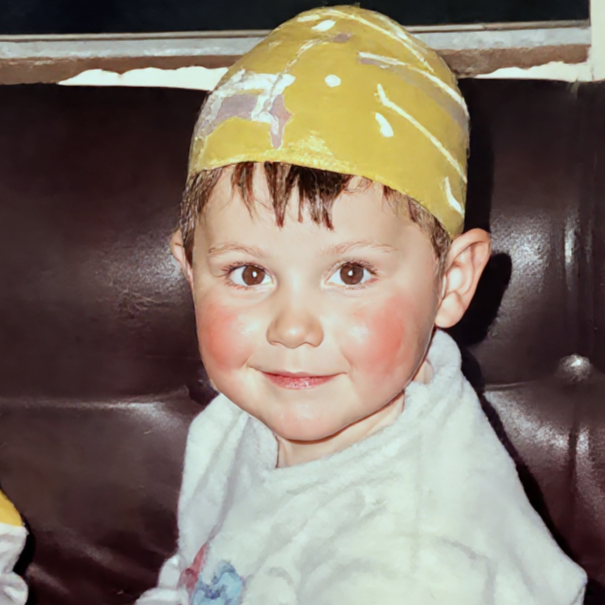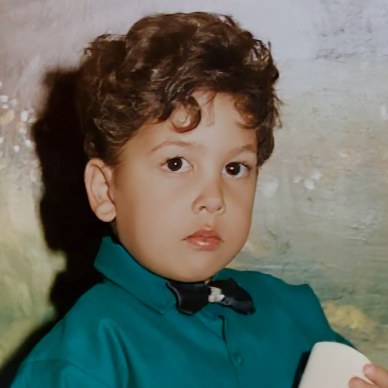

Growing up as "boys" in the social-political system called patriarchy, meant that certain predefined roles and ways of behaviour were imposed on us based on our assigned gender. These impositions shaped the way we relate to ourselves and to each other. Through different mechanisms such as shame, punishment and even violence we were taught how to be a man by our parents, teachers, peers and media. Since very early on, each of us had to adapt more and more to patriarchy´s demands, and in our seeking to maintain attachment to our caregivers and a sense of belonging to our peers we built an acceptable personality that we presented to the world.
For many of us, the masculine model we were demanded to construct is detached from our emotions, married to our intellect and sees vulnerability as a weakness. As we recognize the deficits and toxicity of this model, we are also asked to imagine a new way of being, and a new way of relating to ourselves and to each other. We are asked to reconstruct a different expression of masculinity - one that is more aligned to the truth of who we are.
Our view

Reconstructing Fatherhood
"Becoming a father is one of the most common but also one of the most profoundly life-altering experiences a man can have.”
(Anna Machin, author of The Life of Dad)
Upcoming Workshops

Coaching
What did you learn about being a man? For many, childhood lessons from parents, peers, and media dictated a rigid set of expectations—a script that often valued strength and stoicism above all else. This upbringing shaped how you see yourself and how you connect with others, often prioritizing logic over emotion and dismissing vulnerability as a weakness.
As an adult, you may find this traditional model of masculinity is no longer serving you. You might feel disconnected from your true self, your feelings, or the people you care about. A new path is possible—one that honors your full, authentic self and allows you to build a different, more truthful life.
Our coaching is here to support you in this reconstruction. We offer a space for honest emotional exploration, guiding you to redefine what it means to be a man on your own terms. We will help you navigate this journey with compassion, helping you build a life of purpose, and holding you accountable to your own personal growth.
This is your chance to write your own story.
Ready to begin? Email us at hello@recontructing-masculinity.net

About us








